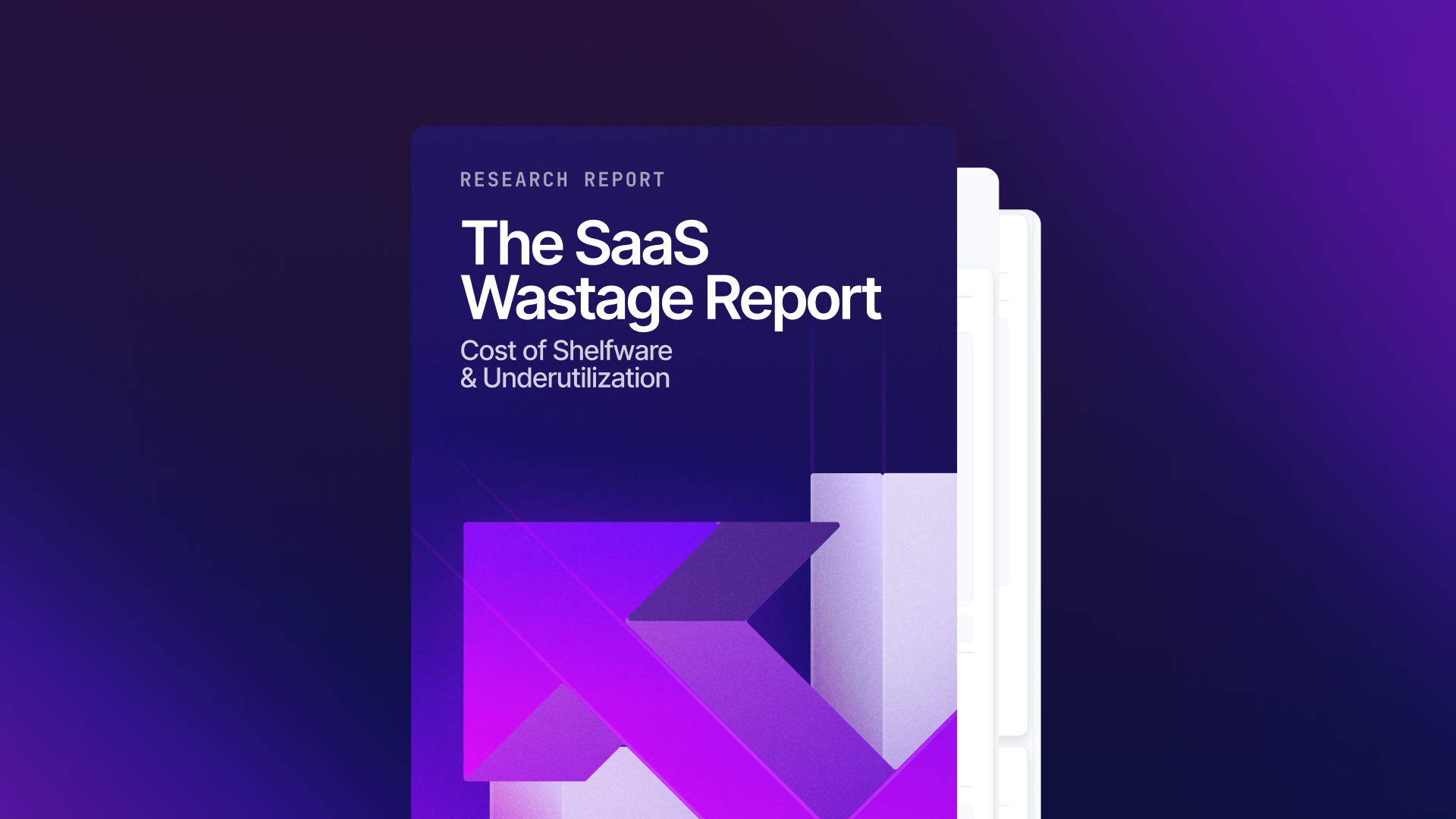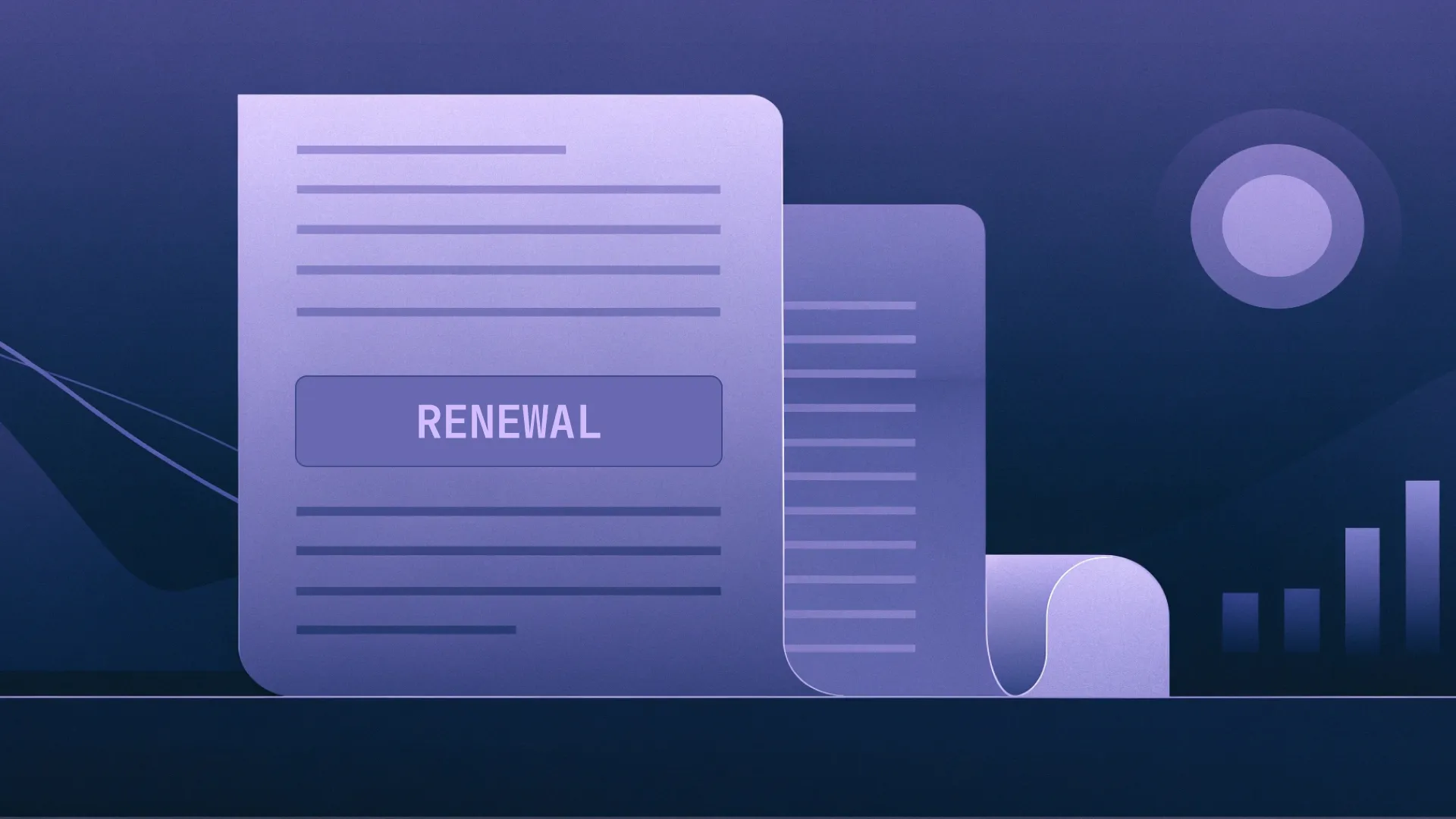NetSuite
Company Profile
NetSuite is the world's first cloud company. For more than 20 years, it has helped businesses gain the visibility, control and agility to build and grow a successful business.
NetSuite
Pricing Insights
Want to save up to 30% on
NetSuite
?
Guaranteed ROI or your money back. We will help you to get the best deal.


What is
NetSuite
?
With so much functionality packed into a single solution, NetSuite pricing — and which features you actually need — can often feel unclear. On this page, we’ll break down what NetSuite can do for your business and how it compares to alternative vendors. Then discover how the SaaS Purchasing Platform can help you save money during procurement and reduce spend across your stack.
What NetSuite can do for you
NetSuite is a cloud-based business management platform developed by Oracle. It’s an enterprise resource planning (ERP) solution first and foremost, but — as the name suggests — it offers broader functionality that allows companies of all sizes to manage various aspects of their operations with a single solution.
Since NetSuite runs in the cloud, it offers significant benefits over traditional on-prem ERP systems. Some of these advantages include reduced total cost of ownership (TCO), elimination of data silos, browser-based access for flexible working environments, and regular updates.
NetSuite is modular in nature, so your deployment can be flexibly tailored based on the features you need. Below are the main capabilities of the NetSuite platform.
Enterprise resource planning
NetSuite’s ERP solution integrates a number of core business functions, such as inventory management, supply chain management, order processing, procurement, and monitoring enterprise performance.
Accounting
There are robust accounting capabilities within NetSuite, including general ledger, cash management, AR/AP, tax management and automated filing, and reconciliation. NetSuite can also generate real-time financial reports.
Customer relationship management
NetSuite’s CRM features make it easy to manage customer data, while providing sales force and marketing automation to streamline business activities. You can also accurately configure, price, and quote (CPQ) complex products within NetSuite.
Human resource management
HRM tools within NetSuite include employee onboarding, shift scheduling, performance management, and a full-service payroll solution for employees in the US.
Field service management
For field service businesses, NetSuite offers features like scheduling and dispatch handling, inventory management, and billing. It also provides a mobile app so your field technicians can access the information they need wherever they are.
Professional services automation
NetSuite includes PSA tools such as project and resource management, timesheets, expense management, and project analytics.
Commerce
With NetSuite’s commerce tools, your business can create B2C and B2B online stores that seamlessly connect to your inventory, customer, and order management systems. NetSuite also has in-store point-of-sale capabilities.
SuiteCloud — the platform under which all these capabilities are unified — is highly extensible and customizable, with embedded artificial intelligence features to support and optimize workflows. Security features like multi-factor authentication (MFA) and role-based access control (RBAC) keep your data and systems safe, while NetSuite’s infrastructure is backed by a 99.7% service level commitment (SLC). NetSuite also includes a data warehouse solution that powers advanced analytics and reporting across your business.
NetSuite pricing structures and tiers
NetSuite doesn’t publish its pricing structure online. This is common among SaaS providers, who want to retain an advantage during customer contract negotiations. But it can also be beneficial to customers able to negotiate a more tailored solution with an appropriate price tag. There's an opportunity here to negotiate a reduced cost for the product — and procurement outsourcing partners like Vertice can help unlock discounts on your behalf.
With that said, there are some general factors that affect NetSuite pricing:
- Module selection – You can select different functionality to be included in your plan based on your business needs, such as ERP, CRM, and accounting.
- User count – Each user within your organization requiring access to NetSuite needs a license or ‘seat’. While this drives up the cost, volume-based discounting is available.
- Billing and contract length – Longer contracts with pricing lock-ins are often cheaper due to the cost avoidance of annual hikes. Likewise, annual billing typically offers a discount over paying monthly.
Additional NetSuite costs to consider
Since your NetSuite pricing plan is tailored to your organization’s needs and the functionality you enable, there aren’t any specific additional costs. However, there will be limits on usage volume based on the ‘service tier’ of your subscription. Fortunately, NetSuite is designed to scale seamlessly as your business grows, so moving to a higher service tier as required is quick and painless.
NetSuite offers four Service Tiers. Here are the limits of each:
- Standard – 100 user limit, 100 GB of file storage, maximum 200,000 monthly transaction lines.
- Premium – 1,000 user limit, 1,000 GB of file storage, maximum 2 million monthly transaction lines.
- Enterprise – 2,000 user limit, 2,000 GB of file storage, maximum 10 million monthly transaction lines.
- Ultimate – 4,000 user limit, 4,000 GB of file storage, maximum 50 million monthly transaction lines.
Other vendors offering enterprise business packages
Since NetSuite offers a variety of solutions, it’s not easy to compare directly with other providers. Some vendors may be more limited or cater to niche requirements, while others take a similar all-in-one approach.
That said, evaluating competitors is an essential part of a strong procurement purchasing strategy. Here are some alternative vendors to consider if you’re looking to acquire enterprise business software.
NetSuite pricing vs Microsoft Dynamics 365 Business Central
Both NetSuite and Dynamics 365 offer all-encompassing business management solutions. NetSuite’s strengths in financial management, CRM, and supply chain management are typically more beneficial to mid-sized and large enterprises, while Dynamics 365 Business Central provides a user-friendly and adaptable solution well-suited to SMBs.
Microsoft pricing is both lower and more transparent than NetSuite, with Business Central Essentials starting at $70 per user per month and Premium from $100 per user per month. This is another reason it may be a favorable option for smaller businesses.
NetSuite pricing vs SAP S/4HANA
SAP S/4HANA is known for its robust ERP capabilities and real-time analytics, which can support a variety of functions within high-volume businesses. It’s sometimes noted that SAP products are more complex to customize and have a steeper learning curve.
In terms of pricing, both solutions are known to be at the high end of the market, reflecting their enterprise-level features and capacities. While both solutions can meet the needs of medium and large businesses, NetSuite is widely adaptable and can scale with a business as it grows, whereas SAP S/4HANA is typically employed by larger organizations with sophisticated requirements.
NetSuite pricing vs Zoho
Much like NetSuite, Zoho One includes different applications covering areas like CRM, accounting and finance, HR, project management, and more. It’s highly user-friendly, and its affordable pricing makes it accessible for a wide range of business sizes.
Zoho pricing starts from $37 per employee per month on the ‘all employees’ plan. This low barrier to entry makes it particularly popular with SMBs looking for an affordable all-in-one solution, or businesses wanting to digitize and integrate their processes across the organization with significant upfront investments. Naturally, the trade-off here is that Zoho One’s apps may not be as advanced or feature-rich as those in a more expensive solution such as NetSuite.
NetSuite pricing – the Vertice verdict
There are plenty of good reasons to consider NetSuite for your enterprise software needs — especially if you’re keen to unify applications like ERP, CRM, accounting, and other management areas under a single solution. And although NetSuite is generally considered at the upper end of the pricing spectrum, this is tempered by the modular structure, where you’ll only pay for the applications and features you actually require.
NetSuite pricing is a little cloudy, which makes it hard to begin negotiations on strong footing. That’s where Vertice can help. When you take advantage of our SaaS Purchasing Platform, our experts negotiate on your behalf, leveraging our market intelligence on what other companies are paying for NetSuite. The result? We land you the best price for a subscription plan tailored to your business. Simply get in touch below to get started.
NetSuite
Pricing FAQs
Is it worth paying for NetSuite?
Yes, if it meets your organization’s needs. NetSuite’s pricing structure is modular so you’ll only pay for the features you require. That means it can be cost-effective, although pricing also depends on usage volume and number of seats in the plan.
Can I use NetSuite for free?
No, NetSuite does not offer a free plan, although you may be able to trial its services before purchase.
What are the subscription options for NetSuite?
NetSuite subscriptions are bespoke to your specific business needs, and prices are agreed through negotiation. However, there are four license tiers with different volume and seat limits — you’ll find a more detailed breakdown further up the page.
Further Content
Explore more SaaS vendors
Use Vertice to get the best pricing on any software your business needs, and save on annual renewals for your existing contracts.






































